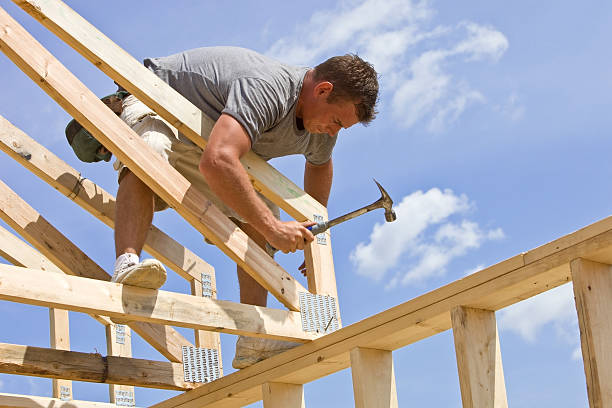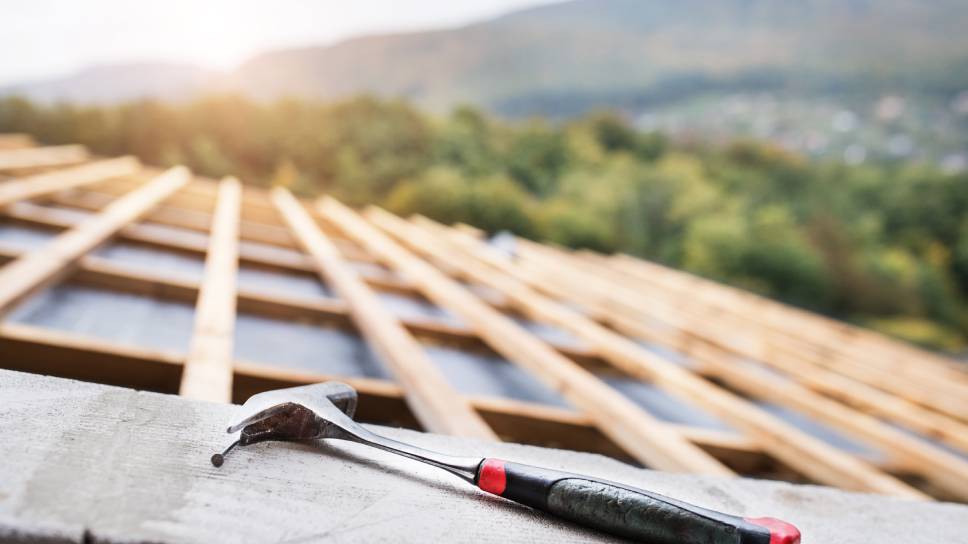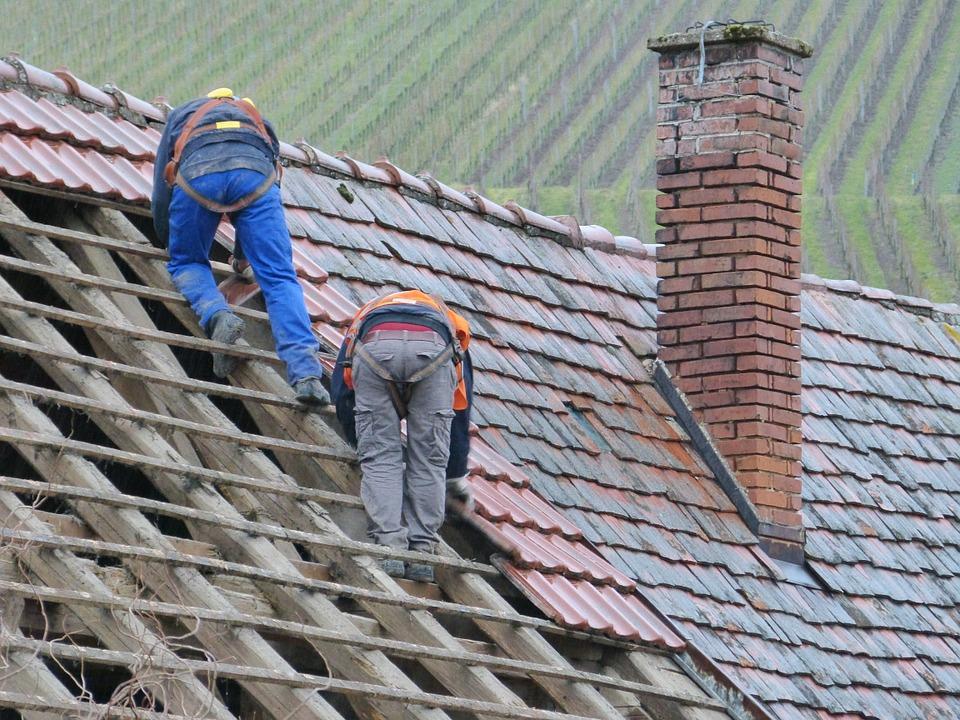When it comes to designing the perfect roof for your home, one crucial decision is selecting the right residential roof trusses design. Roof trusses are structural frameworks that support the roof and distribute its weight. They come in various styles and configurations, each with its own advantages and aesthetic appeal. Let’s explore the factors to consider when choosing the right roof truss design for your home.
Understanding Your Home’s Architecture
The architectural style of your home plays a significant role in determining the appropriate roof truss design. Different styles, such Colonial, Craftsman, Contemporary, or Mediterranean, have specific roof profiles that complement the overall look. For example, a gable roof truss is suitable for traditional designs, while scissor trusses can add a unique touch to modern homes.
Evaluate Your Space Needs
The interior space requirements of your home can also influence your truss choice. If you plan to use your attic for storage or want to create a spacious living area, attic trusses or scissor trusses can provide the needed ceiling height and open space. On the other hand, if you have limited attic space or don’t plan to use it, simpler designs like king post trusses may be sufficient.
Budget Considerations
Your budget is a crucial factor in choosing the right roof truss design. Some designs are more complex and may require additional materials and labour, making them costlier. It’s essential to strike a balance between your design preferences and your budgetary constraints. Discuss your options with a qualified contractor to find a suitable design that fits your financial plan.

Energy Efficiency
Energy efficiency is a growing concern for homeowners. Certain roof truss designs can accommodate better insulation, ventilation, and even solar panels, helping you reduce energy consumption and lower utility bills. If sustainability and energy efficiency are priorities, consider designs that allow for green roofing options or the installation of solar panels.
Maintenance and Longevity
Roof trusses should be durable and require minimal maintenance to ensure the longevity of your roof. Trusses made from quality materials and built to local building codes are essential for lasting performance. Additionally, consider the ease of accessing and maintaining your roof when selecting a design, as some may require more effort and cost for upkeep.
Conclusion
Choosing the right roof truss design for your home is a crucial decision that impacts both aesthetics and functionality. Remember that consulting with a professional roof truss supplier is always a wise step to ensure that your chosen roof truss design aligns with your home’s specific requirements and local building codes.




